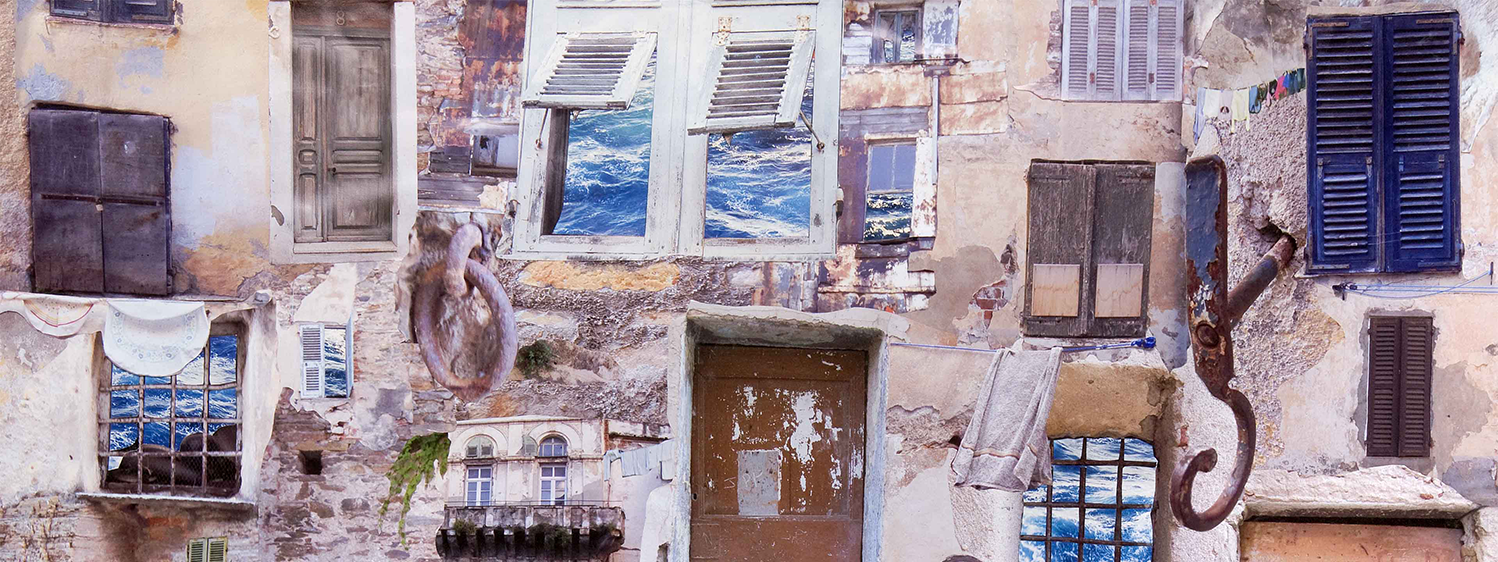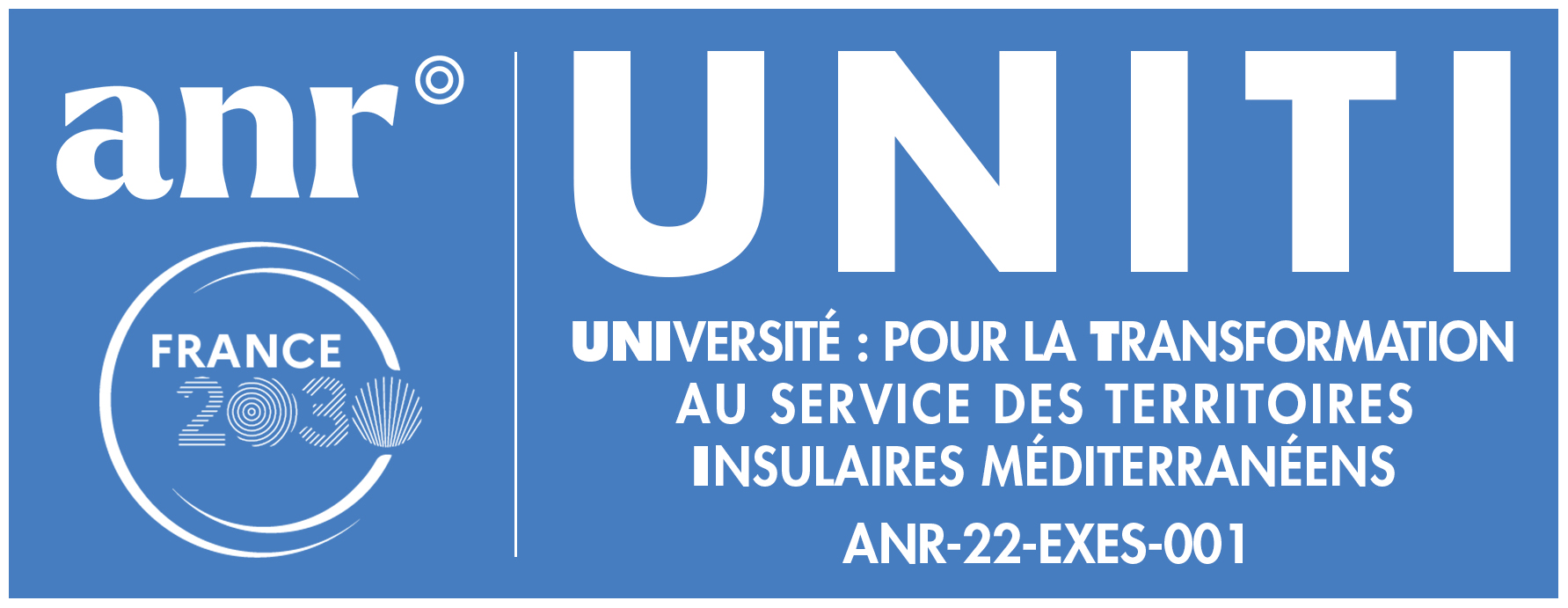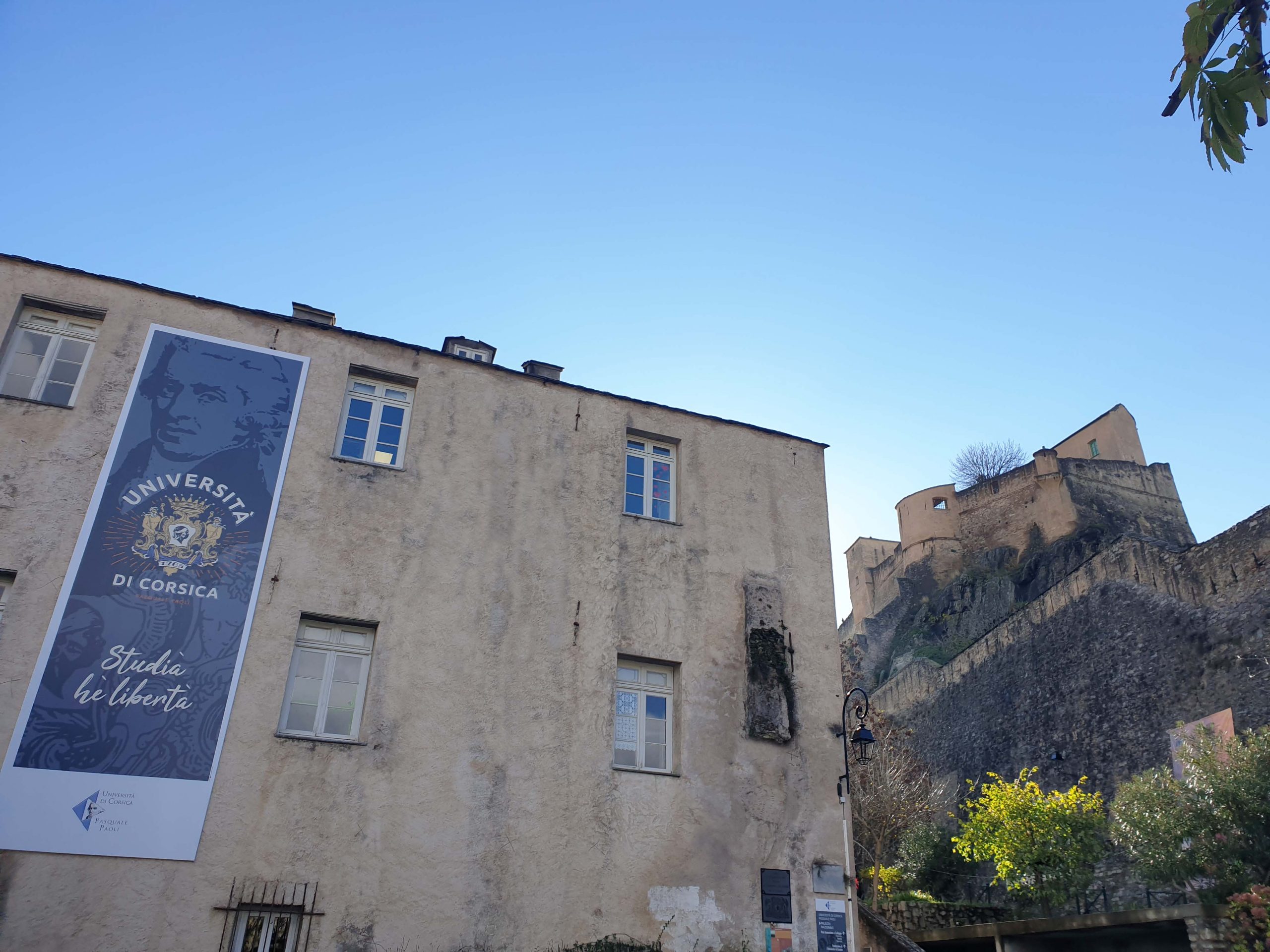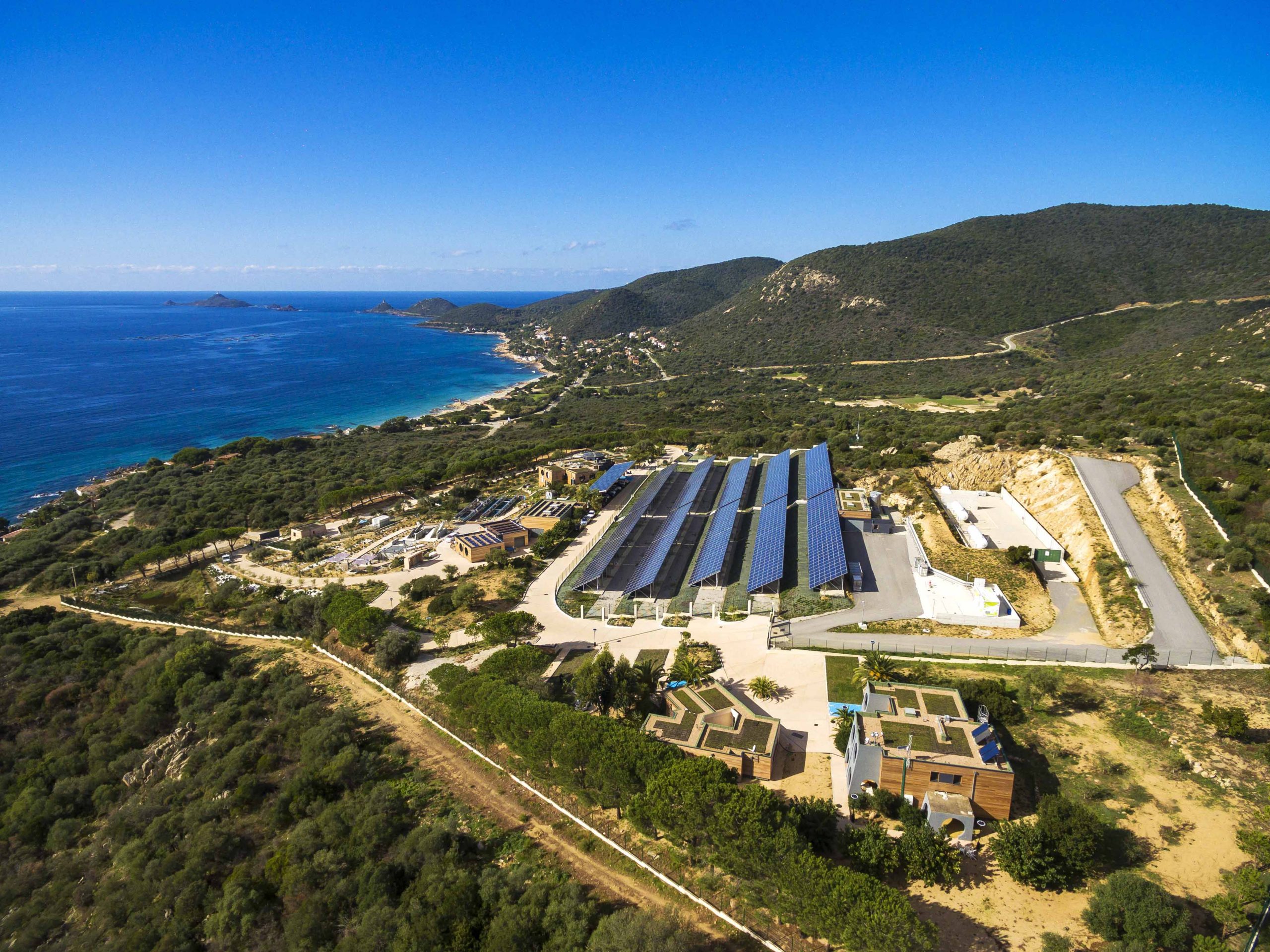
PRIORITY 2 : Create a ‘Tourism Lab’ project for the cultural industry
Program 4 ► Training, production and planning
This programme is built around the following four projects:
- Train the key people: a school for the recognition and promotion of Corsican heritage (Kallist’École). To enable the research and pedagogical components to work together to set up modular training courses in order to capitalise on their respective experience. At the crossroads of different sectors of activity, tourism in Corsica is sorely lacking in trained professionals, particularly in the cultural and natural heritage issues facing the island and the Mediterranean region. This project is divided into three phases: (i) Carrying out a diagnostic study to identify the needs in terms of the profiles and skills of those involved in tourism in Corsica; (ii) Identifying and selecting all the existing and missing training modules; (iii) Structuring the
training map of the school for the enhancement and promotion of the heritage of Corsica (Kallist’École), with the creation and development of a digital space for the networking of those involved. - Train the key people: Campus of Tourism Trades (Performatour). The PERFORMATOUR project aims to develop private and public performance levers to ensure that the activity generates maximum value. In addition to a diagnosis of the current situation and the need for professionals to work together within the framework of high-performance clusters, this phase will lead to the creation of two structural tools: (i) a Campus of Tourism Professions to raise the skill levels of local professionals; (ii) a Tourism Lab which, through multidisciplinary research, will increase the awareness of stakeholders’ strategies and the expectations of the local population.
- Produce content using cultural capital : Creating a RIMe Lab (Representing Mediterranean Identities through the Arts), implementing a research-creation protocol, enabling the artistic appropriation of socio-anthropological analyses of collective representations in the Mediterranean.
- Application and Transfer for Sociolinguistic Development (ATLAS). To support public and private players in the implementation of the linguistic policy voted by the Assembly of Corsica through actions in the fields of adult Corsophonisation, culture, the media, sports and leisure, public services and businesses. Other languages are also present in the region, and this linguistic diversity, which is linked to its history and activities, calls for sociolinguistic intervention that involves society in the science and innovation processes, by developing new linguistic governance with public and private stakeholders. The ATLAS project aims to give people the power to act by experimenting with sociolinguistic monitoring, offering a shared analysis of the contexts and needs in terms of training and language standardisation.

Introduction
Priority 1
Priority 3
Contact
Bernard GIUDICELLI – Head of Steering and Partnerships, PIA UNITI
giudicelli_b@univ-corse.fr | Tel. : 04 95 34 82 37
www.universita.corsica
In addition



